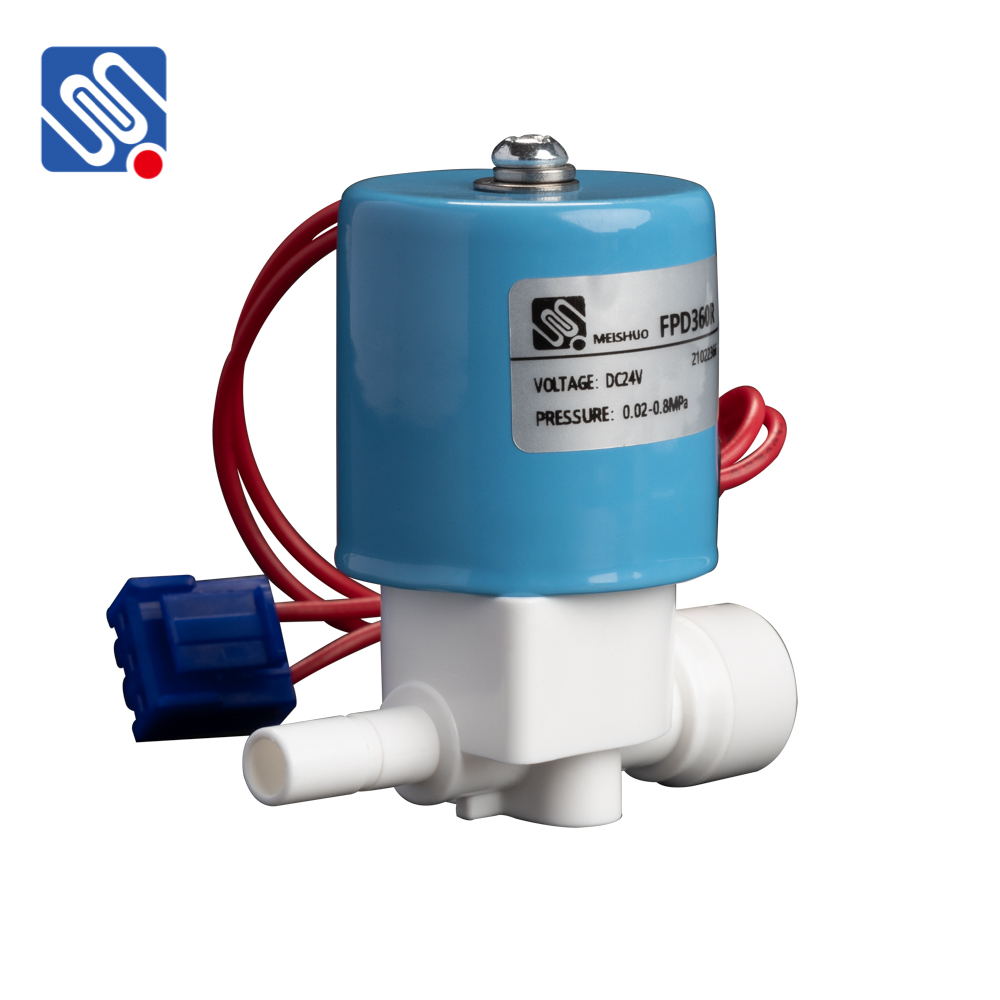understanding the watering system solenoid valve: a key component for efficient irrigation
Release time:2025-07-18 20:20:35
The Watering System Solenoid Valve is an integral part of modern irrigation systems. It plays a pivotal role in automating the process of watering plants, lawns, and agricultural fields, contributing significantly to water conservation, cost savings, and overall system efficiency. The solenoid valve acts as the control mechanism that manages the flow of water, responding to electrical signals to either open or close the valve, thus regulating water distribution. This article explores the functionality, advantages, and applications of watering system solenoid valves, shedding light on their importance in today’s automated irrigation systems.

What is a Watering System Solenoid Valve?
A solenoid valve is an electrically controlled valve that uses a magnetic field to open or close the valve. In the context of a watering system, the solenoid valve is responsible for managing the water flow to different parts of the irrigation system. When the system controller sends an electrical signal to the solenoid, the valve opens, allowing water to flow through the pipes to the designated area. When the signal is cut off, the valve closes, halting the water flow. This automated operation ensures that water is delivered precisely when and where it’s needed, without the need for manual intervention.

